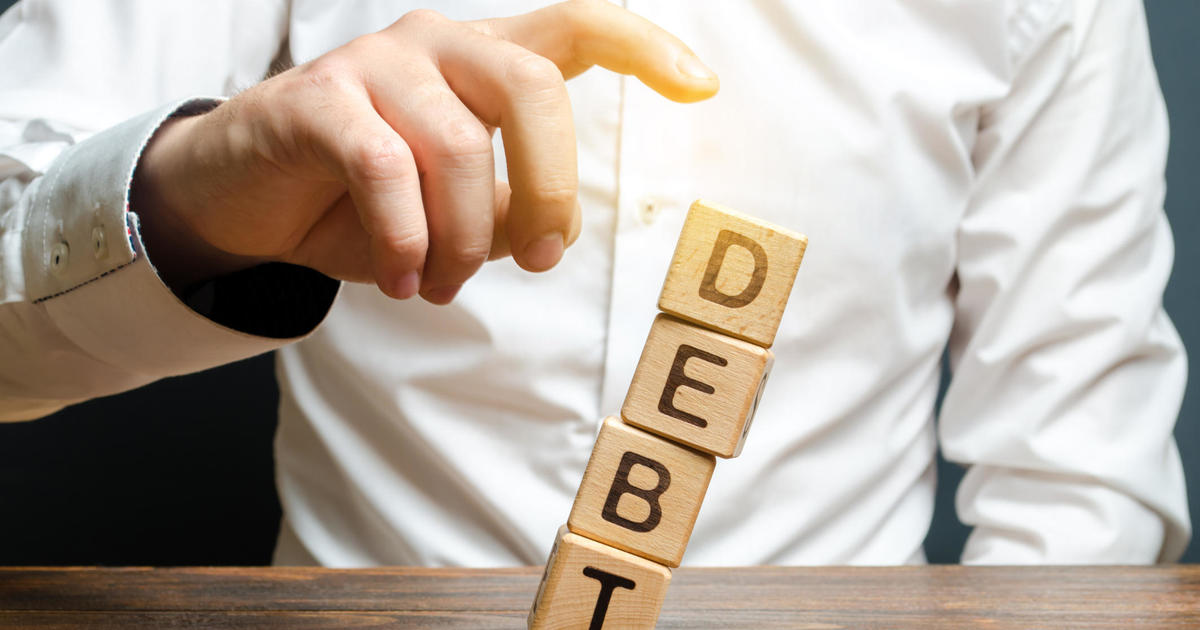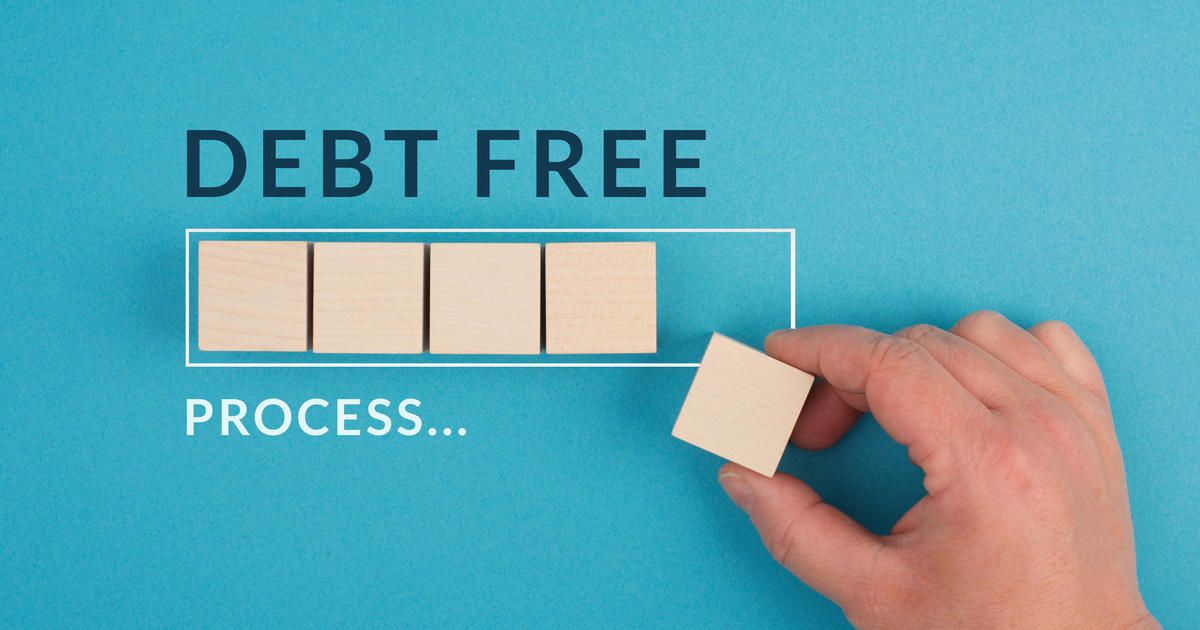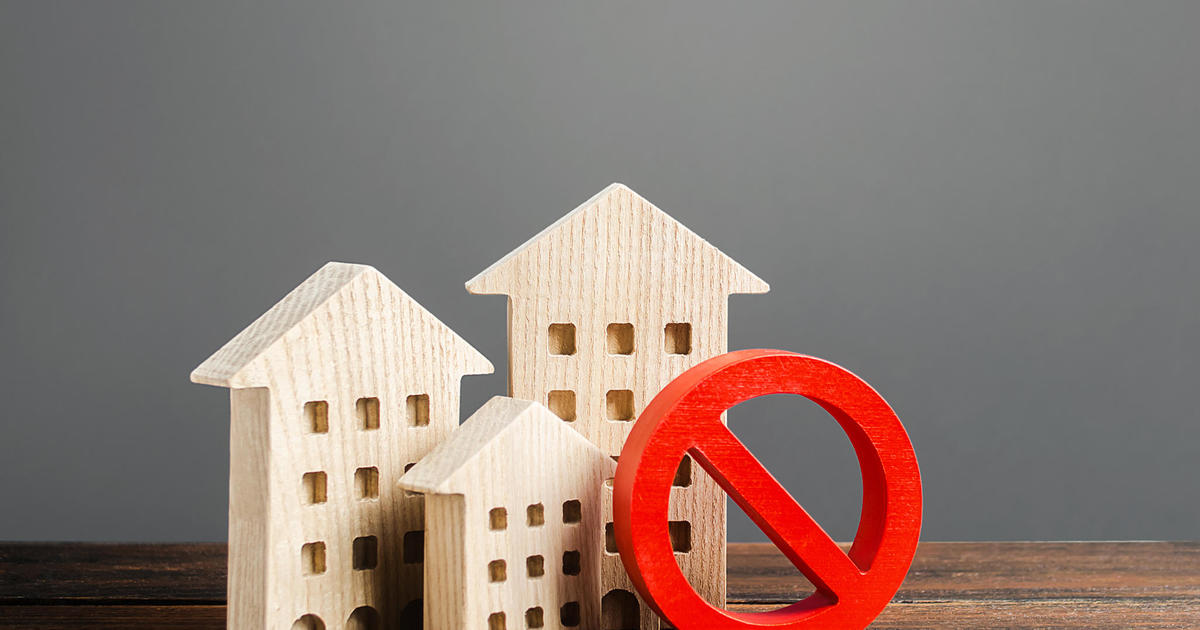Rx drug prices continue to rise — here's what you can do
The price you pay at the pharmacy is going up — again. Prices increased on more than 250 drugs in the beginning of the year, with an average jump of 6.3 percent, according to data from Rx Saving Solutions, a consultant to health plans and employers. That's down from the 400 drugs that saw price jumps last year, but prescription drugs still remain one of the highest out-of-pocket medical costs for many consumers.
This in spite of several Trump administration initiatives over the past weeks designed to lower the cost of prescription drugs. In addition, House Democrats joined the fray last week with sweeping investigations of pharmaceutical drug-pricing practices.
As Washington continues to wrestle with the pharmaceutical industry, consumers may actually find the most relief from their own efforts. Understanding how drug pricing works and learning to navigate that maze can result in dramatic savings. Here's what you need to know.
Your insurance isn't always the best option
Sometimes you may be better off paying cash for a drug than using your insurance. That sounds counterintuitive, especially because so many consumers, especially Medicare Part D recipients, spend hours trying to find insurance plans the cover the drugs they use.
But often a pharmacy will offer a discount on a drug that makes the cash price cheaper than the co-pay your insurance company or pharmacy benefit manager (PBM) has negotiated for the same drug, be it brand name or generic. For example, a common generic for Lipitor, the cholesterol lowering medicine, comes with a standard $40 co-pay under many plans. But at some pharmacies offering discounts, the total cash price of the drug may be only $9.
What's more, until very recently, pharmacists were prohibited from telling you about these price differentials because they were under contract not to say so with various PBMs.
Last October, the Trump administration passed new rules barring these gag orders. Now pharmacists may tell you about cheaper alternatives, but — and this is the catch — they don't have to volunteer this information. Your pharmacist is only obligated to tell you if you ask.
So, every time you fill a prescription covered by your insurance be sure to ask your pharmacist what is your co-pay, and, importantly, what is the retail price of the drug. The answer will make it clear which way to go because now the pharmacist must offer you the best price.
Meanwhile, your prescription drug insurer may push you to go to a certain pharmacy, chain store or mail order service to fill your prescription because they have negotiated lower prices overall with a certain vendor. That makes sense. But again, it may not be the best deal when you consider other prices and discounts.
The recent rift between Walmart and CVS Caremark pharmacy benefit management, during which the two companies butted heads over drug pricing, is evidence of how volatile the prescription drug landscape can be. "Always compare the preferred pharmacy price with others in your area," said Dr. Nancy Simpkins, Rx Saver's medical expert. "Preferred can be a misnomer. It doesn't necessarily mean cheapest."
You might get a better deal across the street
Insurance aside, many times consumers simply don't realize just how much that the price of drugs can vary from one pharmacy to another, even in their own zip codes. That's because each pharmacy negotiates its own contracts with PBMs for multiple drugs.
Enter the new array of smartphone drug pricing apps, including GoodRx, OneRx, RetailMeNot Rx Saver, and ScriptSave. Plug in the drug you're looking for and you'll find a list of prices at pharmacies in your area. In some cases, you may find additional discounts generated by the apps themselves.
Bottom line, that's a lot of shopping. To find the absolute best deal, you need to compare not only among pharmacies in your area but also among the deals offered by each of the apps. That can get a bit time consuming, but in many cases the savings warrant it.
There are caveats. For one, apps are frequently updated and discounts change often. The deal you get this month on say, that Lipitor generic 'script, may not be available for the same price at the same pharmacy next month. In other words, you have to go hunting all over again.
Also, most doctors usually phone in prescriptions rather than write out an order on their pad. If the prescription is automatically sent to your regular pharmacy but you find a better deal elsewhere, you'll need to call your regular pharmacy and ask them to transfer the prescription. They will do it willingly, but it adds an extra step. Simpkins suggests going retro and always asking for a hard copy of your prescription so you can have more flexibility.
The Associated Press contributed to this article.



